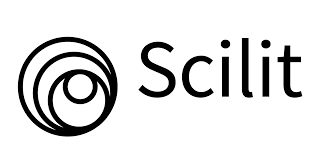DEVELOPING THE POTENTIAL OF SELONG BELANAK VILLAGE AS A TOURIST DESTINATION
Abstract
This research examines the potential of Selong Belanak Village to be developed into a tourist destination in Central Lombok. Data collection methods include observation, documentation, interviews and focus group discussions. Informants were determined using purposive sampling. Data analysis were carried out by using qualitative and quantitative analysis through SWOT analysis to examine strengths, weaknesses, opportunities and challenges faced in the future. The results of the SWOT analysis of Selong Belanak village show that from the internal side the results are in the good category with a value of 3.10, as well as from the external analysis side it is in the good category with a value of 3.06. This means that this village has the potential to be developed into a tourist destination. It is recommended that the development of this tourist destination must be carried out by synergizing all relevant pentahelic actors (government, academics, business people, the media and local communities).
Copyright (c) 2024 Hasan Basri, I Made Darma Oka, I Wayan Lanang Nala, Putu Widya Darmayanti, I Wayan Sukita

This work is licensed under a Creative Commons Attribution-NonCommercial 4.0 International License.
The author whose manuscript is published agrees to the following conditions:
- Publication rights of all journal manuscripts published / published on the JKTP website are held by the editorial board with the author's knowledge (copyright remains the author's).
- The formal legal provisions for access to digital electronic journal articles are subject to the provisions of the CC Attribution-Non-Commercial 4.0 license, which means JKTP has the right to store, transfer media / formats, manage in the form of a database, maintain, and publish articles without asking permission from the author as long as the author's name remains as the copyright owner.
- Manuscripts published / published in print and electronically are open access for the purpose of education, research and libraries. Apart from these purposes, the editorial board is not responsible for violations of copyright law.




.png)










